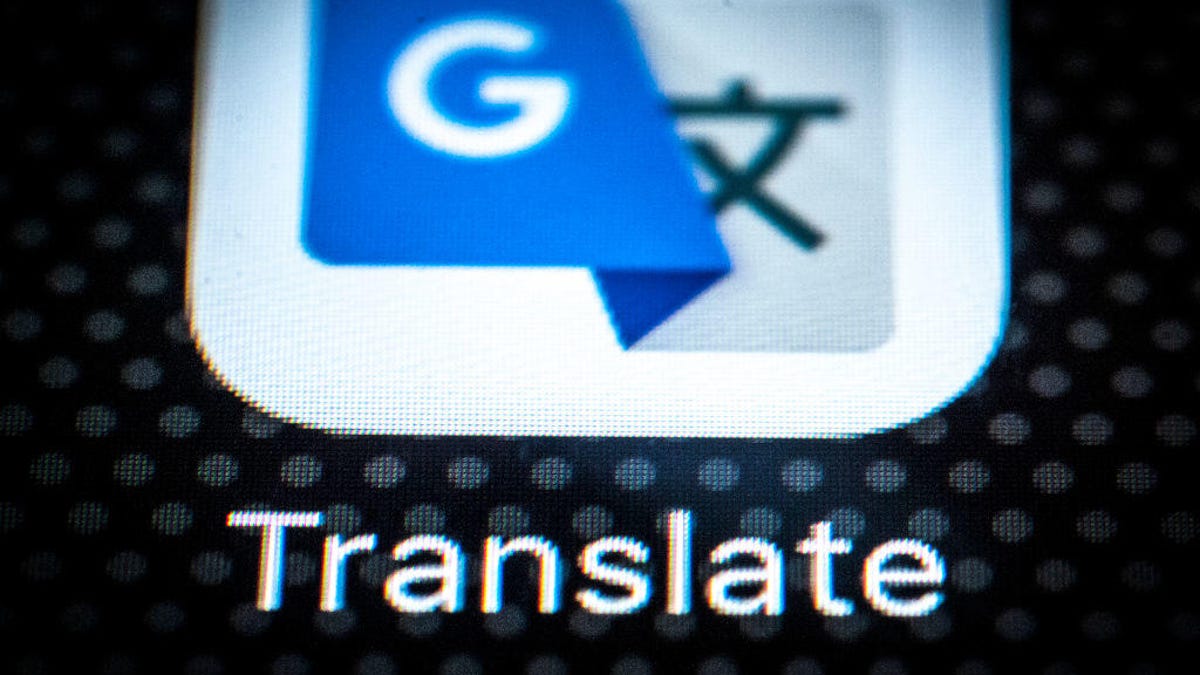US officials apparently use Google Translate to scan refugees' social media posts
Language experts say it's a flawed approach, since Google's service can't recognize slang, according to ProPublica.

US Citizenship and Immigration Services is leaning on Google Translate to look at refugees' social media posts.
Google Translate isn't meant to replace human translators, Google says, but the US government reportedly used it to help decide if refugees should be allowed into the country based on their social media posts.
A US Citizenship and Immigration Services manual advises officers to use "one of the many free online language translation services provided by Google, Yahoo, Bing, and other search engines," in order to translate foreign language posts, ProPublica reported on Thursday. The manual also has instructions on how to use Google Translate. The International Refugee Assistance Project (IRAP) got the manual through public records request and shared it with ProPublica.
"We are very concerned that the government instructs officials to use inadequate software during the vetting procedure, which determines whether or not a refugee can reach safety and reunite with their close family," Betsy Fisher, director of strategy at the IRAP, said in an emailed statement.
Language experts told ProPublica that relying on automatic translators on social media posts would likely result in mistakes because they can't recognize slang or nuance. However, USCIS noted that "information collected from social media, by itself, will not be a basis to deny refugee resettlement."
Last month, Harvard student Ismail Ajjawi was denied entry into the US after a Customs and Border Protection officer found that his social media friends posted "political points of view that oppose the US." Ajjawi had to return home to Lebanon, but the situation was ultimately resolved and he got back to Harvard in time for the beginning of classes.
Neither Google nor US Citizenship and Immigration Services immediately responded to requests for comment.
Originally published Sept. 27, 7:16 a.m. PT.
Update, 9:15 a.m.: Adds IRAP statement.

